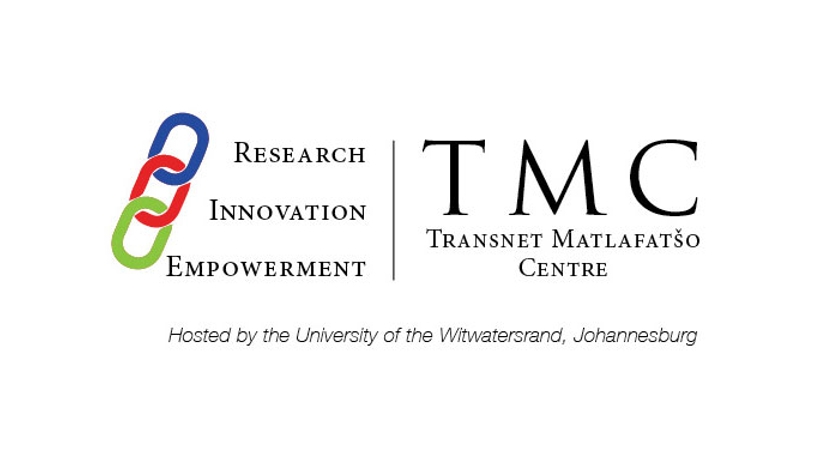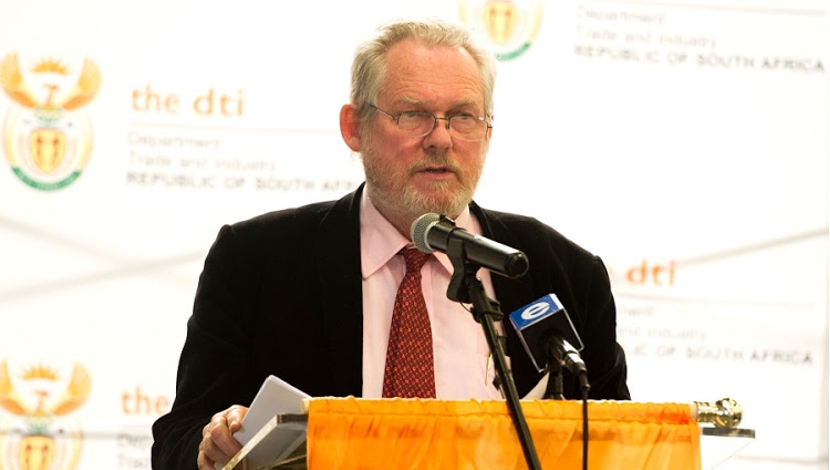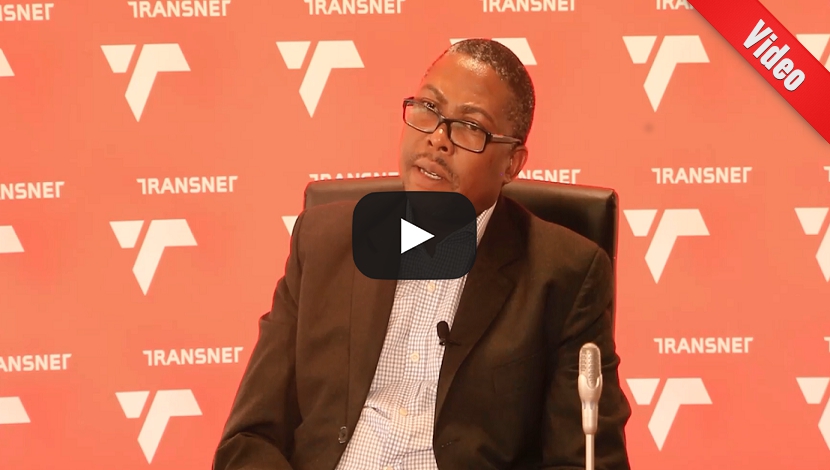

Southern African railways utilities Transnet and Swaziland Railways have agreed to package the 146-km ‘Swazilink’ greenfield line between Lothair, in South Africa, and Sidvokodvo, in Swaziland, as a public-private partnership (PPP) and may release an international tender for a 20- to 25-year concession by October.
The route for the R12-billion to R16-billion project has already been determined following a detailed feasibility study and the two State-owned companies are currently in the process of acquiring land on both sides of the border, while upgrading associated infrastructure.
However, Swaziland Railways and Transnet will now ringfence the venture as a special purpose vehicle (SPV), in which the two utilities will hold a minority 49%, with the 51% balance to be owned by private investors. Should the SPV materialise as planned, it would be the largest PPP undertaken to date by either utility and will be aligned with Transnet’s private sector participation framework, which is operating alongside the group’s rolling R277.8-billion market demand strategy.
The initial general-freight volumes set aside for the SPV are currently transported on Transnet’s coal line to Richards Bay, in KwaZulu-Natal. However, the call for bids is also likely to outline potential road volumes that could be transferred across to the rail link over the concession period. About five-million tons a year of general freight would be guaranteed, while details could be provided for displacing a further six-million tons a year from road to rail over the short- to medium-term. Over the full concession period, it is anticipated that volumes could rise to above 30-million tons.
Transnet CEO Siyabonga Gama says the operating model and funding structure are still to be finalised, but that both utilities agreed in late 2016 to support the SPV concept. There is also potential to integrate the SPV into various other cross-border freightlogistics plans involving Botswana and Mozambique.
The tender may be released in either September or October for adjudication in early 2018. Depending on responses, the winning bidder could begin construction by the middle of next year. The project is expected to involve a 30-month construction period.
More news
- N2 rehabilitation project to be completed end of this year
- Siemens to build two gas-powered electricity plants in Libya
- International team unveil 76,000 m2 waterside development in Abu Dhabi
- Gift of the Givers to unveil aquifer project in drought-stricken Beaufort West
- Kenya: one million low cost houses to be constructed over the next five years





